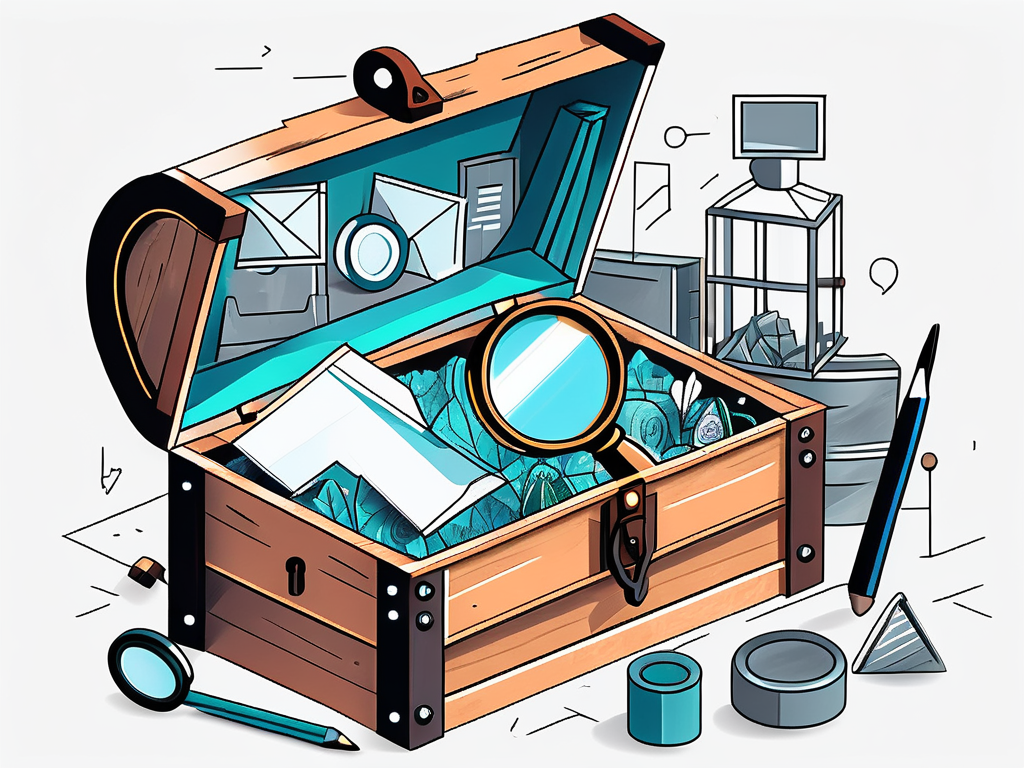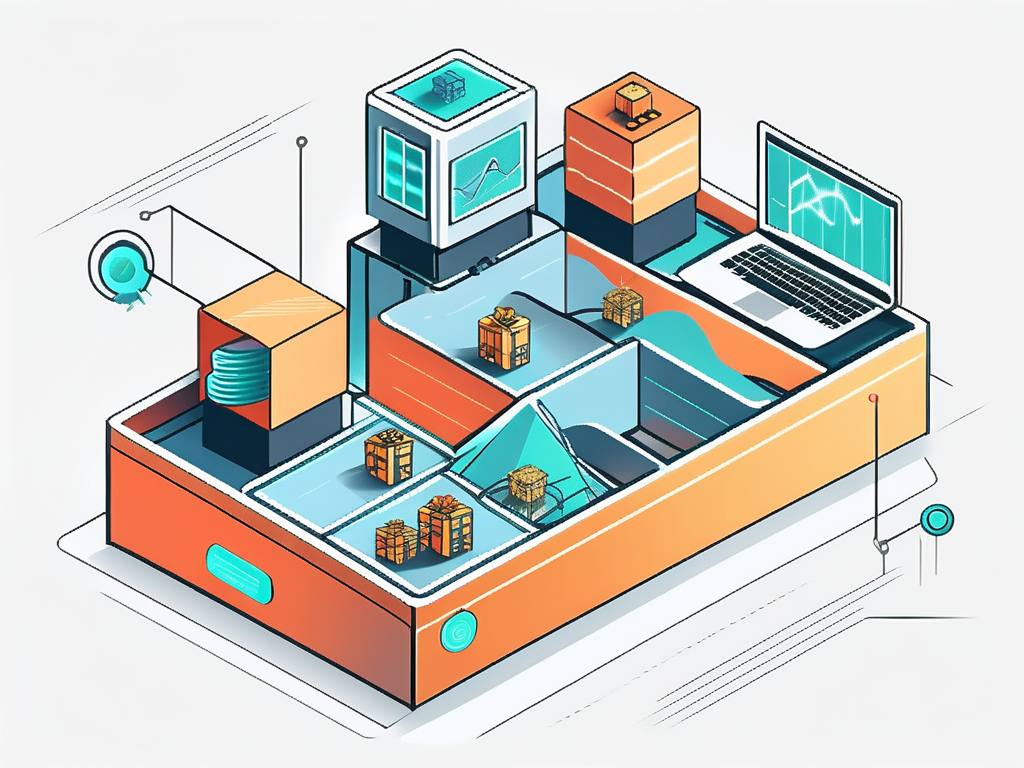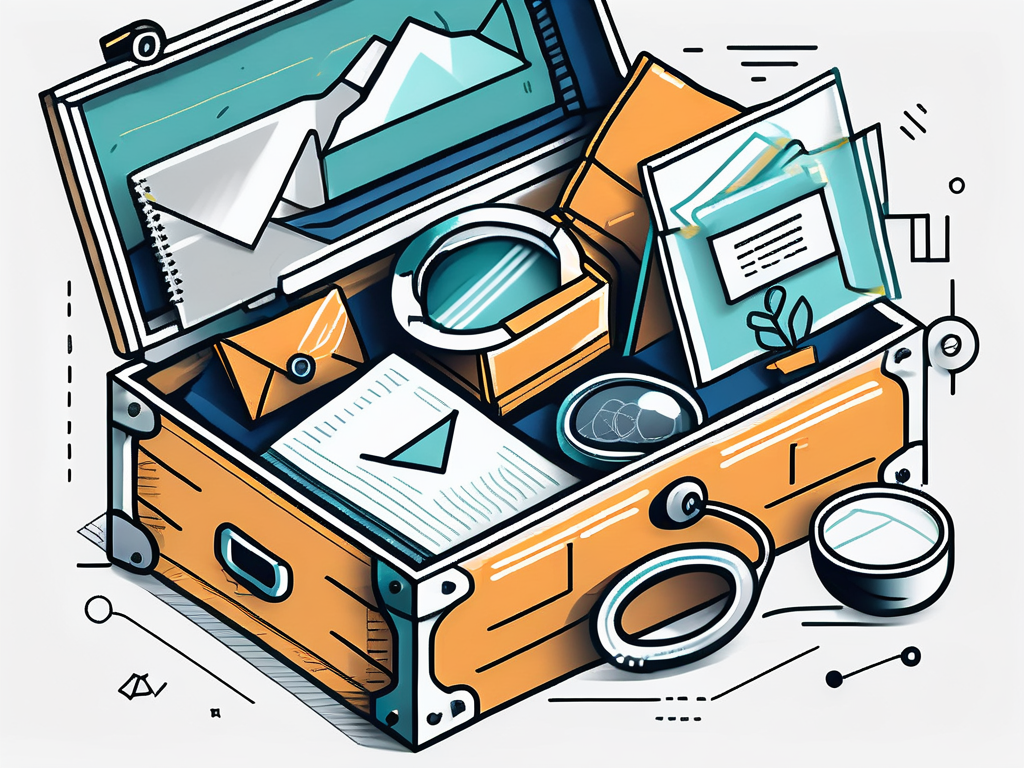
In today’s digital age, generating leads is an essential aspect of any successful marketing strategy. However, the traditional methods of lead generation can be time-consuming and inefficient. This is where automation comes in. Automating lead generation in marketing can streamline the process, save time and effort, and ultimately drive more successful outcomes. In this article, we will delve into the importance of lead generation, the rise of automation in marketing, steps to automate your lead generation, optimizing your automation strategy, and the future of lead generation automation.
Understanding Lead Generation in Marketing
Before diving into the world of automation, it’s crucial to understand the concept of lead generation. Simply put, lead generation is the process of attracting and converting potential customers into leads. Leads are individuals who have expressed interest in your products or services and have provided their contact information, opening the door for further communication and potential sales.

The Importance of Lead Generation
Lead generation is vital for business growth. It allows companies to identify potential customers and nurture relationships with them, ultimately increasing the chances of converting leads into paying customers. Without effective lead generation, businesses may struggle to reach their target audience or find themselves wasting resources on unqualified leads. Therefore, automating this essential process can significantly impact marketing effectiveness.
The Traditional Approach to Lead Generation
Traditionally, lead generation involved manual processes such as attending trade shows, cold-calling, or placing advertisements in print media. While these methods can still yield results, they are often time-consuming, labor-intensive, and lack scalability. With the advancements in technology, marketing automation has emerged as a game-changer in lead generation.
The Rise of Automation in Marketing
Marketing automation refers to the utilization of software platforms and technologies to automate repetitive marketing tasks. This includes lead generation, nurturing, and even sales processes. It enables organizations to leverage technology to reach a wider audience, personalize communication, and optimize marketing efforts.

The Role of Technology in Modern Marketing
Technology plays a central role in modern marketing strategies. With automation tools, marketers can easily segment and target specific audience demographics, track user behavior, and personalize content based on individual preferences. This level of personalization can greatly enhance the customer experience, build trust, and increase the likelihood of converting leads into customers.
Benefits of Automation in Marketing
Automating lead generation in marketing offers several key advantages. First and foremost, it saves time and resources. By streamlining repetitive tasks, marketers can focus on more strategic initiatives. Additionally, automation allows for consistent and timely communication, ensuring that leads are not overlooked or forgotten. It also enables marketers to track and analyze campaign performance, allowing for data-driven decision-making and optimization.
Steps to Automate Your Lead Generation
Identifying Your Target Audience
Before implementing any automation tools, it’s essential to have a clear understanding of your target audience. This involves conducting market research to identify your ideal customer profile and define their needs, pain points, and preferences. With a comprehensive understanding of your target audience, you can tailor your communication and automation approach to effectively reach and engage potential leads.
Choosing the Right Automation Tools
When it comes to automating lead generation in marketing, there is a plethora of tools available. It’s crucial to choose the ones that align with your specific needs and goals. From email marketing platforms to customer relationship management (CRM) systems and social media automation tools, consider the functionalities, integrations, and scalability of the tools before making a decision.
Setting Up Your Automation Process
Implementing automation requires careful planning and a well-defined process. Start by mapping out your customer journey and identifying where automation can be most impactful. Determine the key touchpoints where you want to engage leads and design your automation workflows accordingly. This could include sending personalized emails, triggering follow-up actions based on user behavior, or integrating chatbots for instant customer support.
Optimizing Your Lead Generation Automation
Monitoring and Adjusting Your Automation Strategy
Automation is not a set-it-and-forget-it solution. It requires continuous monitoring and adjustment to ensure optimal performance. Regularly review your automation workflows and analyze key performance metrics. Identify areas that are generating the desired results and areas that may require tweaking. By monitoring and adjusting your automation strategy, you can continuously enhance lead generation outcomes.

Ensuring Quality Over Quantity
While automation can help generate a higher quantity of leads, it’s essential to prioritize quality over quantity. Focus on attracting leads that align with your ideal customer profile and are more likely to convert into paying customers. This can be achieved through targeted content, personalized messaging, and lead scoring systems that prioritize the most qualified leads for your sales team.
The Future of Lead Generation Automation
As technology continues to advance, the future of lead generation automation looks promising. Here are two emerging trends to watch out for:
Artificial Intelligence and Machine Learning
Artificial intelligence (AI) and machine learning (ML) are revolutionizing marketing automation. These technologies enable marketers to analyze vast amounts of data, automate complex decision-making processes, and deliver hyper-personalized experiences. AI-powered chatbots, predictive lead scoring, and dynamic content are just a few examples of the possibilities AI and ML bring to lead generation automation.
Integration of Multi-Channel Marketing
Modern consumers engage with brands across various channels, from social media platforms to email and mobile apps. The future of lead generation automation lies in seamlessly integrating these channels to create a holistic customer experience. This includes leveraging data from different touchpoints to deliver personalized content, automating synchronization between channels, and providing a consistent brand experience throughout the customer journey.
Preparing for Changes in Lead Generation Automation
As automation technologies and strategies evolve, it’s important for marketers to stay informed and adapt to changes. Continuously educate yourself about the latest automation tools, best practices, and industry trends. Consider attending industry conferences, joining relevant communities, or networking with industry professionals to stay ahead of the curve. Embracing change and being agile in your approach will position you for success in the ever-evolving world of lead generation automation.
FAQs
1. What are the main benefits of automating lead generation?
Automating lead generation offers several key benefits, including time savings, improved efficiency, consistent communication, data-driven decision-making, and enhanced personalization.
2. Is automation suitable for all types of businesses?
Yes, automation can benefit businesses of all sizes and industries. Whether you’re a small startup or a multinational corporation, automating lead generation can streamline your marketing efforts and generate tangible results.
3. How do I ensure my automation strategy is effective?
To ensure the effectiveness of your automation strategy, regularly monitor and analyze key performance metrics, make data-driven decisions, continuously optimize your workflows, and prioritize quality over quantity.
4. Can automation completely replace human involvement in lead generation?
No, automation should complement human involvement rather than replace it. While automation can handle repetitive tasks, human interaction and personalized communication are still essential for building trust and establishing meaningful connections with potential leads.
5. What steps should I take to prepare my business for future changes in lead generation automation?
To prepare for future changes in lead generation automation, stay informed about emerging technologies and trends, continuously educate yourself, and be open to adapt and embrace new strategies. Networking and collaborating with industry professionals can also provide valuable insights and opportunities for growth.In conclusion, automating lead generation in marketing is a powerful strategy that can significantly enhance your marketing efforts. By understanding the importance of lead generation, embracing automation tools, and optimizing your automation process, you can effectively attract and convert leads. As the future of lead generation automation unfolds, leveraging emerging trends and staying agile will position your business for continued success.
If you’re ready to take your business’s lead generation to the next level with the power of automation, JP is here to guide you. Jonathan Prescott, with his extensive expertise in digital performance and data-driven strategies, can help you harness the latest in automation technology to drive growth and transform your marketing efforts. Contact us today to learn how our services can elevate your digital marketing game.
